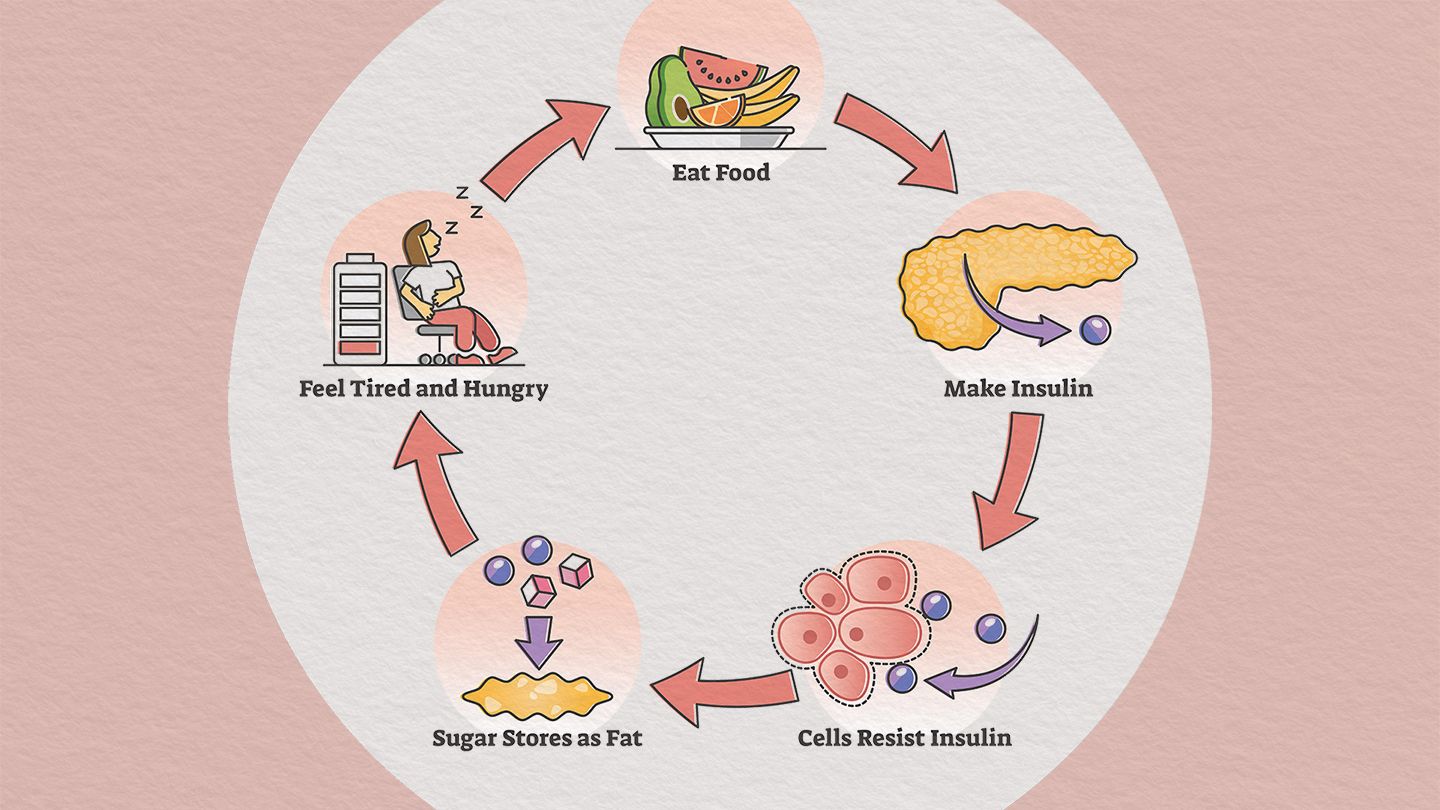Delicious and Nutritious: Top 12 Health Benefits of Jujube Fruit
Jujube fruit, also known as “Chinese date” or “red date,” is a small, sweet fruit that packs a powerful nutritional punch. Native to China and commonly cultivated in many Asian countries, jujube has been cherished for its delightful taste and various health benefits for centuries. With its unique blend of vitamins, minerals, and bioactive compounds, this unassuming fruit is becoming increasingly popular around the world. In this blog post, we will explore the top 12 health benefits of jujube fruit and address whether it is suitable for those with diabetes.
1. Rich in Nutrients
Jujube is a great source of essential vitamins and minerals. It contains vitamin C, which boosts the immune system and aids in collagen production. Additionally, it provides B-vitamins like B6, which support metabolism and nerve function, and minerals such as potassium, magnesium, and manganese.
2. Antioxidant Powerhouse
The fruit is packed with potent antioxidants like flavonoids, polyphenols, and carotenoids. These compounds help neutralize harmful free radicals in the body, protecting cells from oxidative stress and reducing the risk of chronic diseases.
3. Supports Digestive Health
Jujube is rich in dietary fiber, which promotes healthy digestion by regulating bowel movements and preventing constipation. The fruit’s natural laxative properties can help ease digestive discomfort.
What Causes Low Blood Sugar Without Diabetes? Exploring the Underlying Factors
4. Promotes Healthy Skin
With its impressive array of antioxidants and vitamin C, jujube fruit contributes to radiant and youthful skin. These nutrients help combat skin aging, reduce wrinkles, and improve overall skin health.
5. Supports Liver Function
Jujube has been used in traditional medicine to support liver health. Research suggests that its compounds may help protect the liver from damage caused by toxins and promote healthy liver function.
6. Enhances Sleep Quality
This fruit contains compounds like flavonoids and saponins, which have calming properties. Jujube can aid in relaxation, leading to improved sleep quality and combating sleep disorders like insomnia.
7. Aids Weight Management
Jujube is a low-calorie fruit and rich in fiber, making it an excellent addition to a weight management plan. The fiber helps you feel full for longer and reduces overall calorie intake.
8. Cardiovascular Support
The presence of heart-healthy minerals like potassium and magnesium, along with antioxidants, makes jujube beneficial for cardiovascular health. These components may help lower blood pressure and reduce the risk of heart disease.
9. Immune Booster
The high vitamin C content in jujube strengthens the immune system, assisting the body in fighting off infections and illnesses.
10. Anti-Inflammatory Properties
Studies have shown that jujube contains compounds with anti-inflammatory effects, which may help reduce inflammation and alleviate symptoms of certain inflammatory conditions.
11. Bone Health
Jujube is a source of essential minerals like calcium and phosphorus, crucial for maintaining strong bones and preventing osteoporosis.
12. Anticancer Potential
Emerging research indicates that jujube fruit extracts may have potential anti-cancer properties. Antioxidants and bioactive compounds in jujube could play a role in preventing certain types of cancer.
Jujube and Diabetes
- Jujube fruit has a low glycemic index (GI), which means it causes a slower and more gradual increase in blood sugar levels compared to high-GI foods.
- Its low GI is attributed to its fiber content, which slows down the absorption of sugar into the bloodstream.
- The fiber in jujube can also help with satiety, making you feel full for longer and potentially aiding in controlling overall food intake and blood sugar levels.
- Jujube fruit contains natural sugars, so it’s essential for individuals with diabetes to consume it in moderation.
- Monitoring portion sizes and considering how jujube fits into the overall meal plan is crucial for managing blood sugar levels effectively.
- Working with a healthcare professional or a registered dietitian is advisable to create a personalized meal plan that considers individual health needs and helps maintain stable blood sugar levels.
- Jujube can be considered relatively good for individuals with diabetes when consumed in moderation as part of a well-balanced diet.
In conclusion, jujube fruit is not only a delicious and delightful snack but also a nutritional powerhouse. Its impressive array of vitamins, minerals, and antioxidants contribute to various health benefits, from promoting healthy skin to supporting digestion and cardiovascular health. While jujube can be a part of a diabetic diet due to its low glycemic index, moderation and professional guidance are essential to manage blood sugar levels effectively. So, why not incorporate this flavorful fruit into your diet and savor the many health benefits it has to offer!











